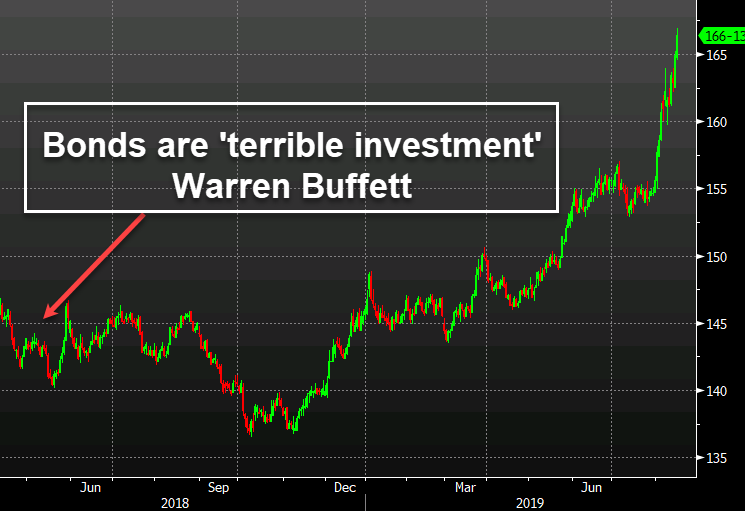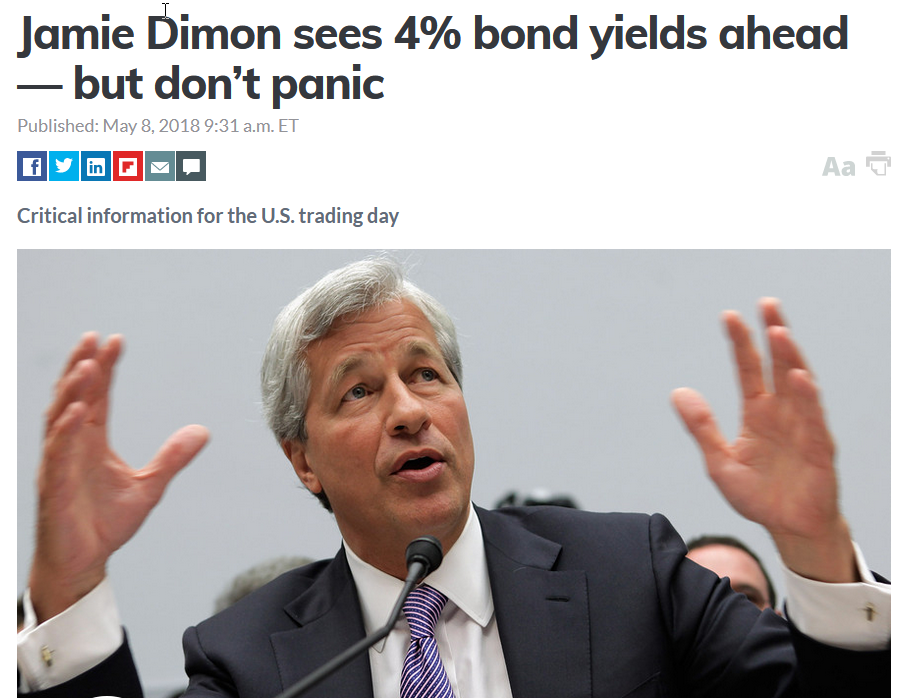Jamie Dimon is chief executive officer of JPMorgan Chase & Co.
- “At a minimum, we assume that it will include a bad recession combined with some kind of financial stress similar to the global financial crisis of 2008”
- More specifically for his firm, JPM earnings this year will be “down meaningfully”
- 180,000, or about 70%, of the firm’s employees are working from home
- JPM is paying around $1,000 to those whose jobs don’t allow them to work remotely
- people could return to work more quickly if governments made tests widely available
- to determine who has recovered from the disease
- “The country was not adequately prepared for this pandemic,”
Dimon is correct on the unpreparedness. Three months of denial from the very top of the US administration that there was even a problem has cause such a tragic escalation in the numbers of lives lost.



 “Although the SEC fraud case does not have direct implications outside Financials, the rise in uncertainty is negative for equities at a time when equity markets are overbought. Technicals have been pointing to overbought equity markets for some time now and Friday’s correction has the potential to drag the S&P 500 down toward 1175 in the near term. But our technical strategists see very little chance of the S&P 500 falling below 1150, i.e., the January high, over the coming weeks.”
“Although the SEC fraud case does not have direct implications outside Financials, the rise in uncertainty is negative for equities at a time when equity markets are overbought. Technicals have been pointing to overbought equity markets for some time now and Friday’s correction has the potential to drag the S&P 500 down toward 1175 in the near term. But our technical strategists see very little chance of the S&P 500 falling below 1150, i.e., the January high, over the coming weeks.”